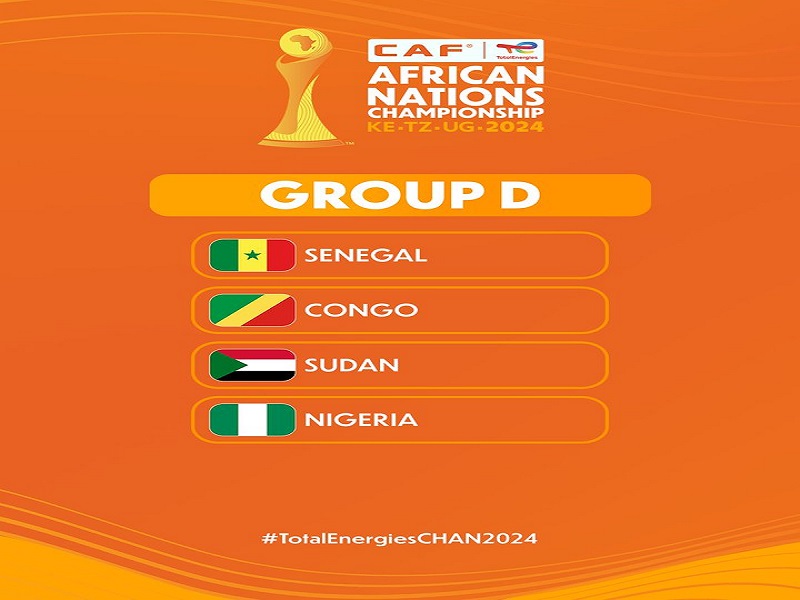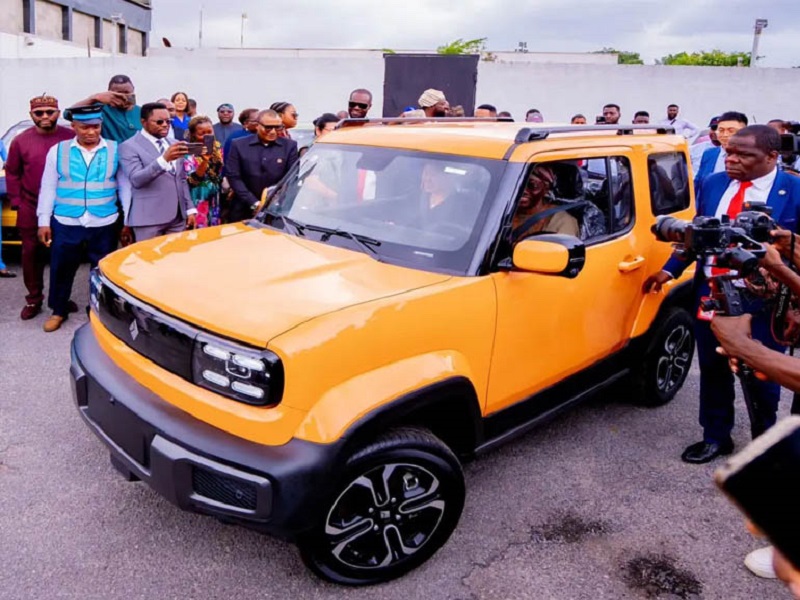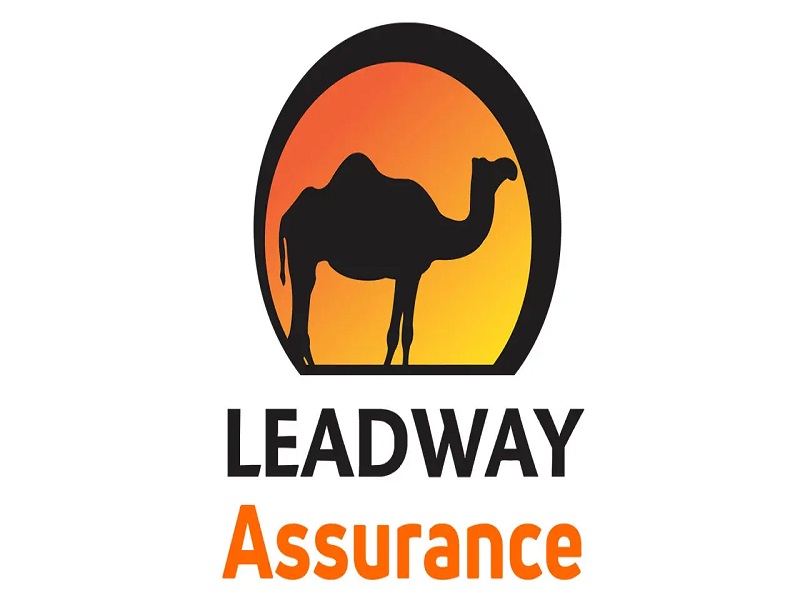Connecticut has launched an investigation into the allegations of failure to equip vehicles with industry standard anti-theft technology levied against Hyundai America and Kia America. It is believed that this has made it very easy for Kia and Hyundai brands to be stolen thus propelling spike in car theft in America.
William Tong, the Connecticut Attorney General, announced the consumer protection investigation recently, saying the companies’ failure to properly equip their cars has led to “an erosion of public safety” and the need for law enforcement “to divert scarce resources to increased patrols and theft investigations.”
“We’ve got viral videos all over the internet teaching kids how to hotwire these cars in a matter of seconds and glorifying reckless driving that has resulted in injuries and multiple deaths nationwide,” Tong said in the press release announcing the investigation.
If the investigation confirms the allegation, the car companies face the risk of lawsuits from the state and perhaps class action from their American customers.
Meanwhile, New York has sued Hyundai and Kia earlier in the month on similar grounds to Tong’s investigation. According to the State, the two auto companies have caused a “public nuisance” by failing to properly equip the cars and protect against theft.
Kia and Hyundai settled a customer lawsuit in May for $200 million and said they would issue software upgrades to 8.3 million U.S. vehicles without anti-theft immobilizers; for cars that couldn’t accommodate the upgrade, they would give $300 for owners to buy theft deterrents, like steering wheel locks.
The National Highway Traffic Safety Administration said in February there were at least 14 crashes and eight fatalities reported related to the trend of stealing these vehicles.
Stealing Kias and Hyundais emerged as a trend on TikTok last year when videos started going viral of people cracking the steering column and hotwiring the cars using USB cables; USA Today reported some cities this year have seen Hyundais or Kias account for 60% or more of their auto theft reports, though official data isn’t yet available.
Tong’s investigation isn’t the first step Connecticut has taken to address the increase in thefts of Kias and Hyundais. In March, Tong and other attorneys general asked the companies to address the safety concerns, pointing out the software updates they were working on weren’t compatible with all vehicles. Then, in April, 19 attorneys general nationwide asked the National Highway Traffic Safety Administration for a federal recall of the cars, though that hasn’t been granted. Tong’s new investigation calls on Kia and Hyundai to turn over “records and information regarding susceptible vehicle(s) sold in Connecticut”—including the companies’ decision making and internal communications—and complaints received about the issue.
Marketing Edge






























































